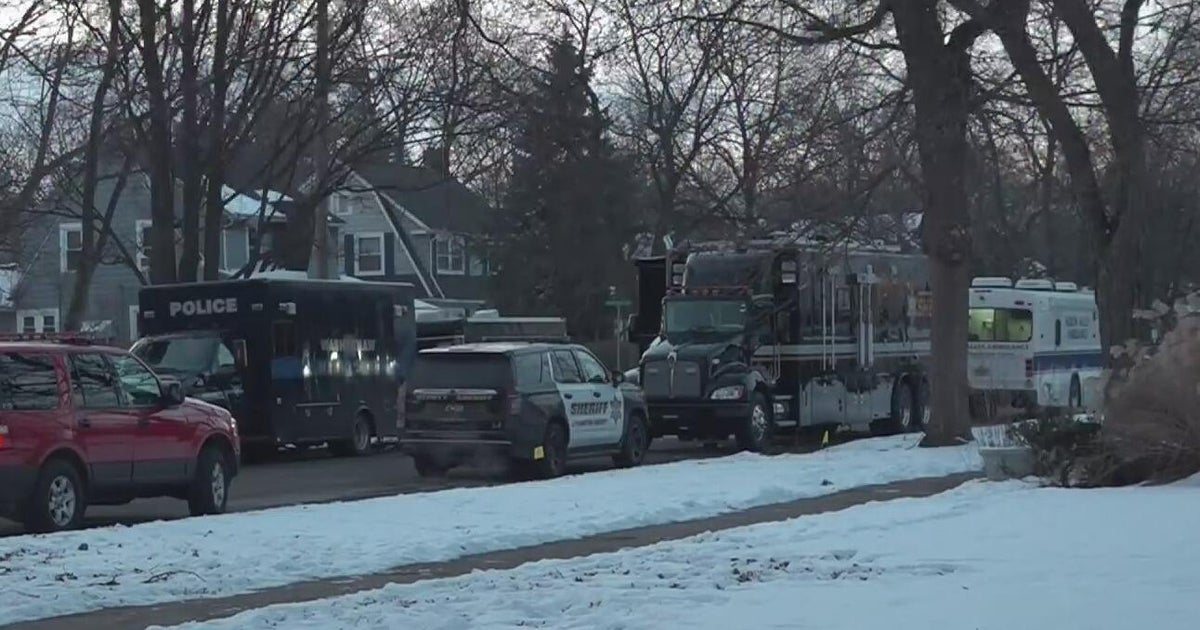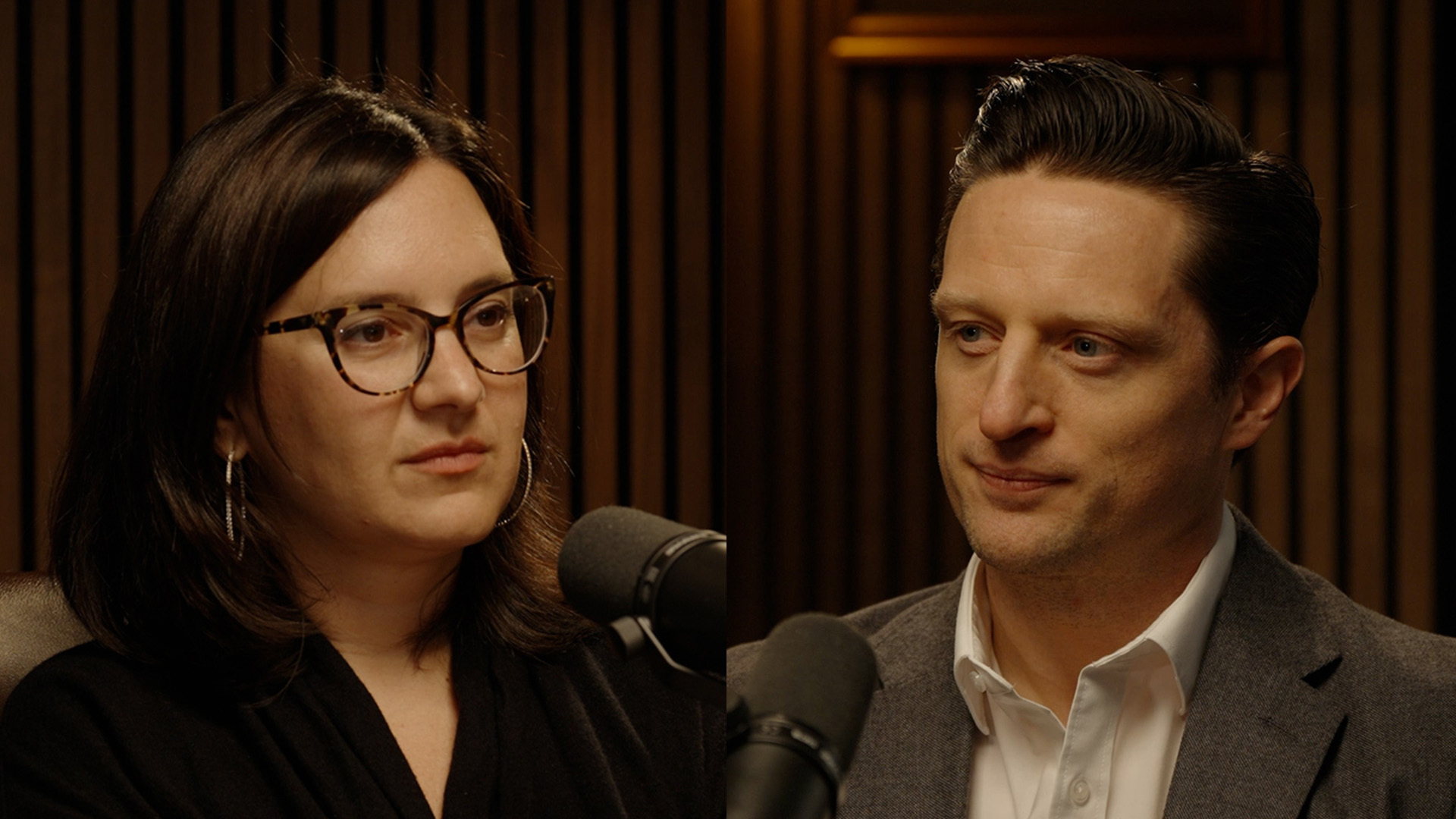The health costs of losing sleep and tips for getting a good night's rest
Nearly two-thirds of Americans do not get a full eight hours of sleep per night. Now, researcher Matthew Walker is sounding the alarm about what he calls "the silent sleep loss epidemic."
Walker, who has spent more than 20 years studying sleep and its impact on mental health and disease, joined "CBS This Morning" to discuss what happens to the body when it's lacking sleep, the drawbacks of napping and some tips for healthy sleeping habits.
"If you look at the epidemiological data, it's quite clear, too. Short sleep equals a shorter life," Walker said.
He said the links between lack of sleep and health issues includes the buildup of a toxic protein related to Alzheimer's, a lowered immune system, and activated stress chemistry that leads to increased cardiovascular disease.
Naps, however, can't make up for a poor night's sleep. Walker said naps are a "double-edged sword."
"You can't accumulate a debt and then pay it off either by napping or over-sleeping at the weekend. It's an all or nothing event," he said.
While naps have shown some benefits in increasing productivity, he said they must be regular and before 3 p.m. He also cautioned against sleeping pills, which he says do not produce "naturalistic sleep."
"They're a class of drugs that we call the sedative hypnotics and sedation is not sleep so you're simply removing consciousness," he said.
Five tips for improving sleep
- Go to bed and wake up at the same time every day.
- Dim your lights at night and limit screen time.
- Keep it cool in your bedroom. 65 – 67 degrees Fahrenheit is recommended.
- Don't stay awake in bed.
- No caffeine after 2 p.m. and avoid alcohol.





